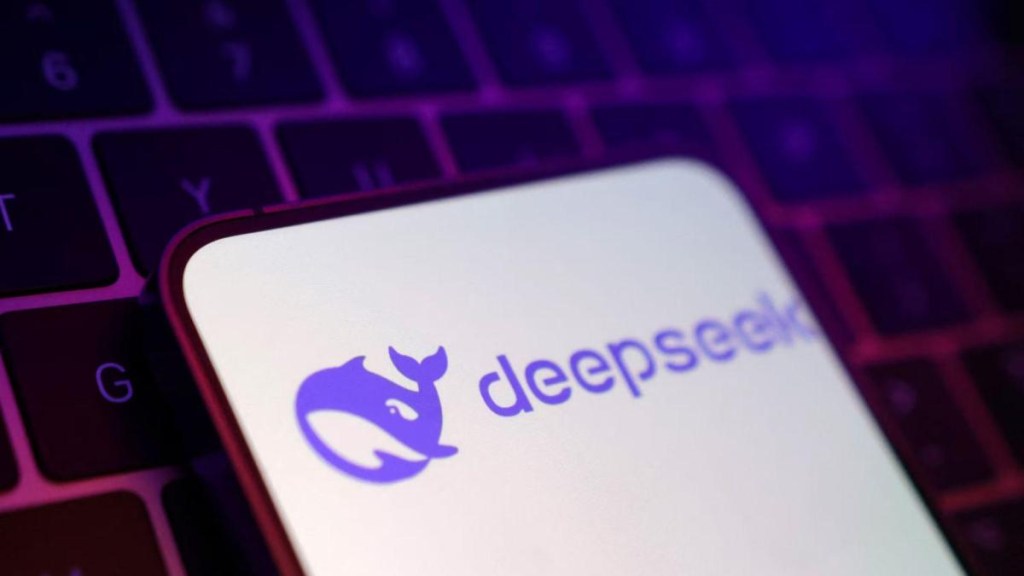DeepSeek, a Chinese AI startup founded in late 2023, has taken the tech world by storm with its new AI model, DeepSeek R1. The model rivals leading systems like OpenAI’s GPT-4, Meta’s Llama and Google’s Gemini, but what sets it apart is its staggering cost-efficiency. Developed with a mere USD 5.6 million budget, DeepSeek R1 operates at a fraction of the cost typically associated with cutting-edge AI systems, which often require hundreds of millions of dollars to develop.
“DeepSeek R1 is AI’s Sputnik moment,” tweeted venture capitalist Marc Andreessen in a post on X on Sunday. He was drawing a parallel to the 1957 Soviet satellite launch that ignited the space race between the US and the Soviet Union.
Founded by Liang Wenfeng, a former hedge fund manager turned AI entrepreneur, DeepSeek has quickly risen to prominence. Liang’s hedge fund, High-Flyer, has been instrumental in funding the company’s research and development.
While DeepSeek’s earlier models faced criticism for content restrictions related to Chinese governance, the R1 model has elevated the company’s profile. Notably, R1 is open-source, encouraging collaboration and improvements by other developers. Since its public launch, the DeepSeek app has surged in popularity, surpassing ChatGPT on app store charts with nearly 2 million downloads.
DeepSeek’s low-cost innovation could reshape how AI models are developed, challenging industry norms and igniting a global conversation about the accessibility of high-performance AI.
AI is known for its high operational costs, with major players like Meta planning to spend more than USD 65 billion on AI development this year. Sam Altman, CEO of OpenAI, has stated that the AI industry will need trillions of dollars in investment to support the infrastructure and chips required for these technologies. DeepSeek’s ability to deliver competitive performance at a fraction of the cost challenges existing industry assumptions about how much investment is required to develop powerful AI models.
Andreessen, who is a supporter of the technology, called DeepSeek’s achievement “one of the most amazing and impressive breakthroughs I’ve ever seen” in a post on X. His statement reflects the industry’s growing acknowledgment of the potential impact of DeepSeek’s model.
DeepSeek’s success comes amid growing concerns over AI’s role in national security. The United States has imposed export restrictions on high-performance chips to China, aiming to maintain its technological advantage. However, DeepSeek’s progress suggests that restrictions may not be enough to stop China from making significant advances in AI.
The United States thought it could sanction its way to dominance in a key technology it believes will help bolster its national security. Just a week before leaving office, former President Joe Biden doubled down on export restrictions on AI computer chips to prevent rivals like China from accessing the advanced technology.
But DeepSeek has called into question that notion and threatened the aura of invincibility surrounding America’s technology industry. America may have bought itself time with restrictions on chip exports, but its AI lead just shrank dramatically despite those actions.
DeepSeek may show that turning off access to a key technology doesn’t necessarily mean the United States will win. That’s an important message to President Donald Trump as he pursues his isolationist “America First” policy.








